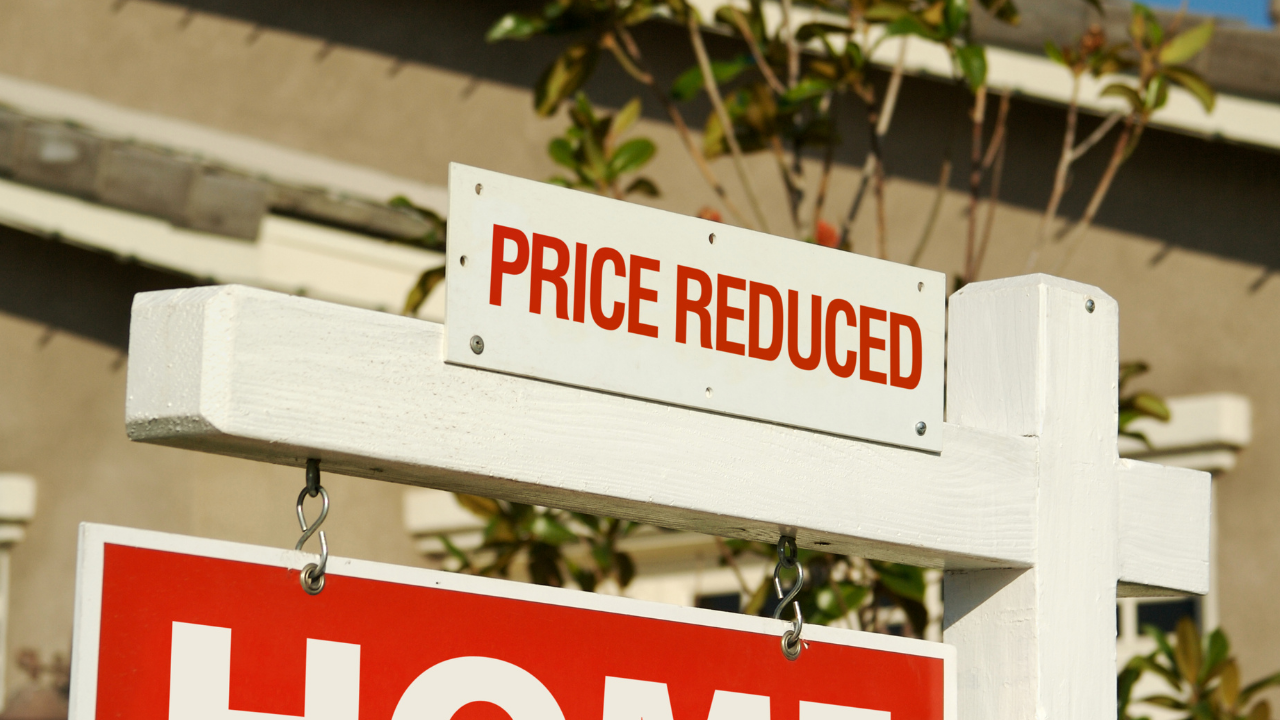I have been asked by several of you why I believe Real Estate housing will crash. If you have communicated with me over the last year I have been increasingly concerned about the markets and even warned about it in my latest book, Right Where They Want You (chapter 9).
This time, more than the tech bubble and more than the real estate bubble, it’s the everything bubble. Unlike last time, the epicenter is not real estate but, that does not mean real estate won’t be affected along with the US dollar. There are three main reasons I believe real estate will be affected.
If you have not received a copy or would like a copy for someone, CLICK HERE for the free book (you just pay shipping).
1. Home prices always mean revert.
To understand this, you need to understand the simple inflation cycle. Inflation drives wages and income. Wages and income drives inflation which drives home prices because home prices are affected by wages and income.Home prices reverted close to their mean in 2012 and have since bubbled up to their previous high.

This begs the question of where wages are now. When adjusted for inflation, wages have dropped over the last 20 years.
And, if you account for the fact that the personal savings rates are near the lowest they have ever been (required to purchase a home), you will quickly see what I am saying about points a and b dragging on point c below.
a. Real wages down
b. Personal savings rates near all-time low
c. Home prices at all-time highs.
I need only show charts of the real wages and savings here.


Simple logic suggests that a population with low savings and trained wages not to mention the high personal debt loads, home buying activity becomes ominous.
Home prices are at an all-time high. Places that I see being hit the hardest is virtually nationwide except the Midwest and places like Pittsburgh. Based on data, cities hit the hardest (but not limited to) would be:
a. Los Angeles
b. San Francisco
c. San Diego
d. Las Vegas
e. Phoenix
f. Seattle
g. New York
h. Boston
i. Denver
j. Miami
With the fall out of the stock market (wiping out a large portion of what savings people have) it stands to reason that wages and income will not continue support the high real estate prices for long.
In addition, this fall out is sure to increase unemployment because US companies are highly leveraged in debt which is why corporate bonds may not be the safe haven people think. (That’s a whole other story). To understand why the masses are caught off guard, consider the information they receive.
Many people start and stop their information search at a site like zillow.com. If you do that, you will likely get limited information. Case-in-point the Zillow chart below showing the US index starting at 2010.
 Of course, it’s easy to see a positive forecast with limited info and even easier when Zillow is telling you their forecast (in this case 4.1% next year).If you have spoken to a Realtor and they show you a more favorable chart, be sure to ask them if its inflation adjusted and a chart that goes back several decades. Remember, they are salespeople at the end of the day and it’s in their interest to move properties. Below is a long-term chart you would likely see a realtor show which reflects pricing always going up (1900-2012). This is where people get the notion that real estate always goes up.
Of course, it’s easy to see a positive forecast with limited info and even easier when Zillow is telling you their forecast (in this case 4.1% next year).If you have spoken to a Realtor and they show you a more favorable chart, be sure to ask them if its inflation adjusted and a chart that goes back several decades. Remember, they are salespeople at the end of the day and it’s in their interest to move properties. Below is a long-term chart you would likely see a realtor show which reflects pricing always going up (1900-2012). This is where people get the notion that real estate always goes up.

But, if you look at the second chart just below with inflation adjusted, you will see that it always reverts to approximately the 100 mark (the mean) for the same time period as above (1900-2012).  There is a slight (seemingly permanent) upward trend in the mean. There are a lot of moving parts here one being the fact that the square footage of the average home has grown etc. Remove the noise and the picture is pretty clear, prices always revert to the mean.
There is a slight (seemingly permanent) upward trend in the mean. There are a lot of moving parts here one being the fact that the square footage of the average home has grown etc. Remove the noise and the picture is pretty clear, prices always revert to the mean.
2. Interest rates are way overdue to correct.
You can see a chart of inflation behavior from 1900-2011 below.

A quick look and it’s easy to see that the deflation cycle we are in is the longest trend in over 100 years. You can see a chart below that clearly shows a decline in bond rates over a long forty-year period.

When rates do rise, we are likely to experience a long upward trend. When that happens, mortgage payments will go up in order to service the same dollar of debt which puts downward pressure on house prices.
3. Ownership distribution.
When we are in a zero-interest rate policy environment (ZIRP), the professional investors like hedge fund managers are always looking for return and they have been getting it from real estate through shadow inventory holdings. This happened when housing fell in 2008-2012. During this time, these investors bought huge swaths of single-family homes and rented them to people not able to buy or, to those who saw that it was cheaper to rent than purchase. You can see the explosion of single-family residence rentals below.

You could say the housing recovery happened with no homeowners involved.
The investors did this for the express purpose of yield in their funds. When interest rates start going up, these professional investors/fund managers will seek other places for their yield that is far easier than managing single-family homes. When that happens, we will see a glut of inventory on the market which will drive prices down.
Realtors might argue that supply is very low. I remember this argument living in Las Vegas prior to the real estate bubble. There were lines (I was in a few of them) to get your name on a waiting list to buy a home. The builders, knowing full well the insane demand, were raising prices by $20-30k per month and people had a bad case of F.O.M.O. (Fear Of Missing Out).
The Realtor argument makes little sense because the cure for high prices is high prices. Meaning when prices are high, home builders will produce more homes because it is more profitable after the cost of material and labor. They love it and are all too happy to over build getting us further away from the mean which in-turn brings us closer to a reversion.
Now that we are in recession territory, the Fed did exactly what I have shared with some of you already which is drop rates to zero and print money to inject into the economy (Q.E.). The more money printed the higher the chance for inflation to take hold.
Real estate moves slower than the stock market and I may be early as this might not fully materialize for a year or two. But, then again, it may very well start in the next six months.
This is big and the feeling can be overwhelming. There are strategies that can be employed to help protect yourself. Just remember, a decision to not make a decision is still a decision.
Feel free to schedule a time below and I will be happy to share what I am doing. FREE Strategy Session Here All the best,

No one knows your money like “U”







